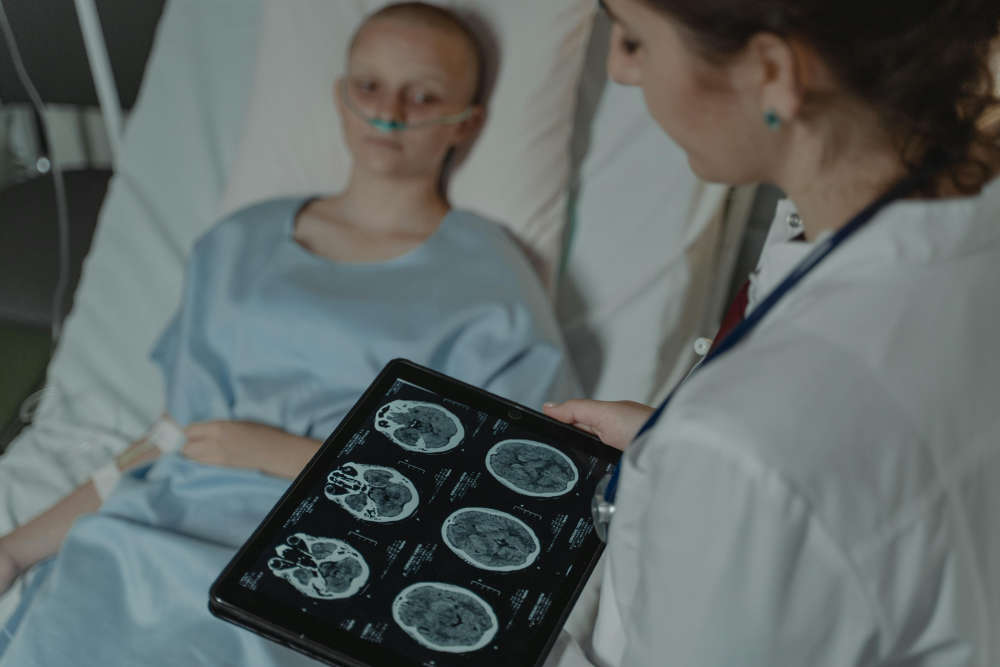
People in Jersey and Guernsey have higher rates of skin cancer and head and throat cancer, which is linked to their lifestyles, than their English counterparts, according to a newly published report.
The age-standardised rate for prostate cancer in the Channel Islands and breast cancer in Jersey is also higher than in England.
The findings come from a catch-up report on cancer statistics from 2016 to 2018.
Service Lead for Oncology Dr Elizabet Gomes Dos Santos expects the rates to increase by 2% to 4% annually.
"People in the Channel Islands are more active and so tend to always be outdoors, even on the days that aren't that hot, unfortunately, the sun can also cause a lot of damage.
"Our head and neck cancers are much higher also, and we know that that is related to smoking, higher alcohol consumption and the HPV virus."
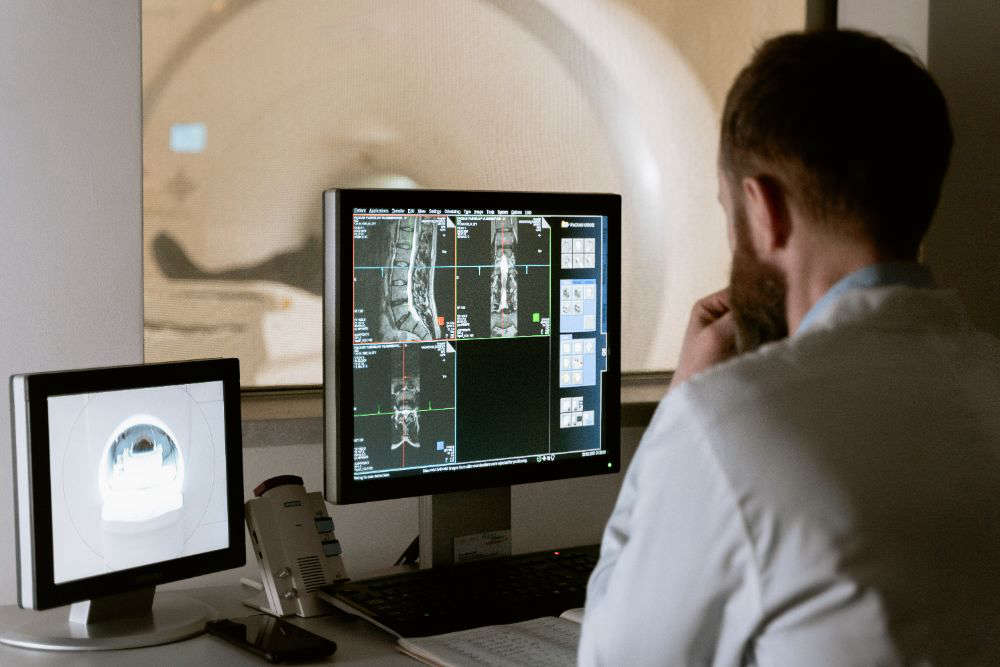
She says another reason is down to the ageing population.
"People are surviving heart attacks, they're surviving strokes, and then, unfortunately, can have cancer.
"In the last decade, new treatments, like immune therapies, are allowing for patients to live longer and we have more and more patients now who have second cancers or third cancers because they're surviving the first cancer."
Dr Gomes Dos Dantos believes there will be an increase in the 2020 report, set to be published later in 2024, but the team would like to see some changes.
"What we'd like to see is a decrease in how advanced the disease is, and we would like to see a decrease in the certain cancers that we can impact."
This includes taking care in the sun, to prevent skin cancer, and avoiding alcohol and smoking to prevent head and throat cancers, as well as taking care of obesity to avoid gastrointestinal and colorectal cancers.
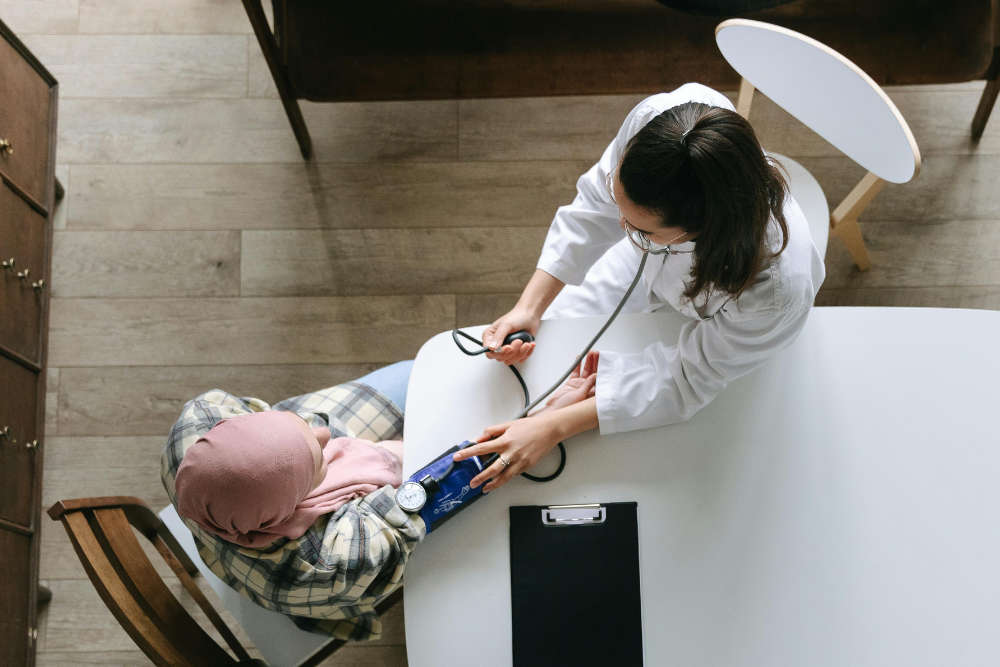
Jersey is also working to digitalise its data on cancer diagnoses to create the Somerset Cancer Registry which aims to make it easier for health professionals to find information.
It is part of the island's Cancer Strategy to ensure that policies are funded correctly to help islanders.
Dr Elizabet Gomes Dos Santos says the software allows professionals to input the data of all of their cancer patients and track progress as they move along.
"That greatly helps to ensure that all the data that goes to the National Cancer Registry is as robust and correct as possible.
"Any biopsy that shows cancer is sent to them and they also unfortunately look at all the deaths and the death registry, related to cancer.
"Many of our patients go off-island for diagnosis and specialist surgeries and for radiotherapy, so then they collate all that information from the UK hospitals and put it all together, validate it and analyse [the data]."


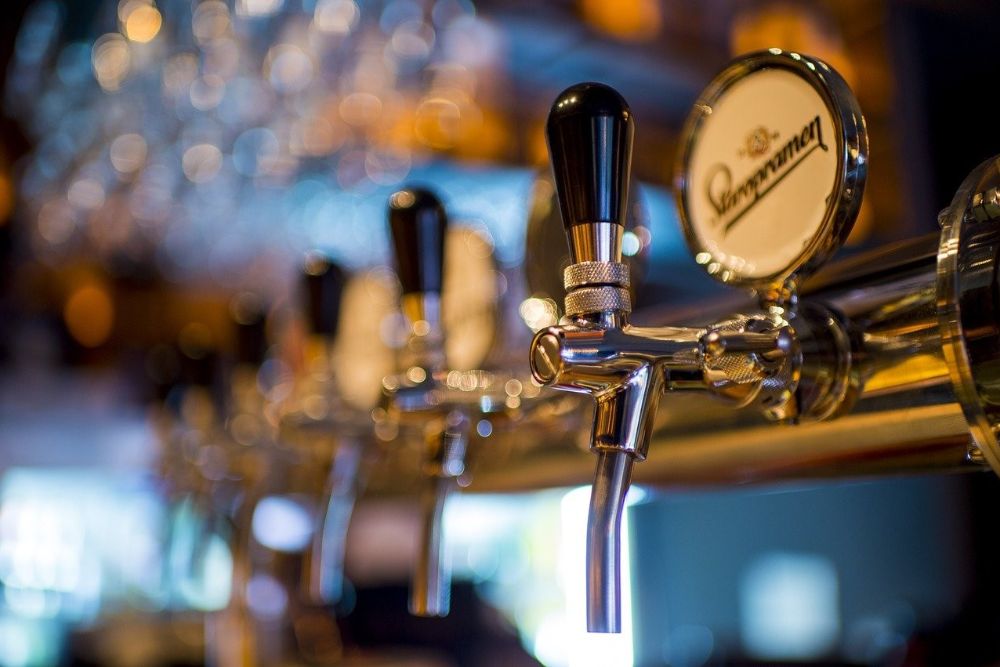 Pubs and nightclubs open later for Liberation 80
Pubs and nightclubs open later for Liberation 80
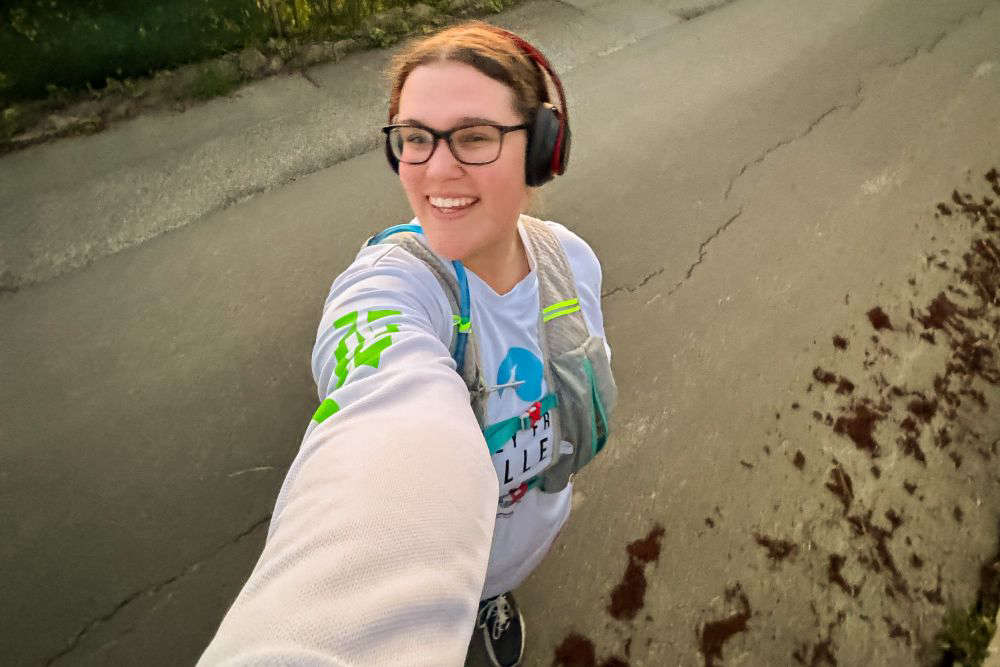 Jersey teen with autism and epilepsy to tackle 150 miles for charity
Jersey teen with autism and epilepsy to tackle 150 miles for charity
 Jersey company keen to exploit CI wind potential
Jersey company keen to exploit CI wind potential
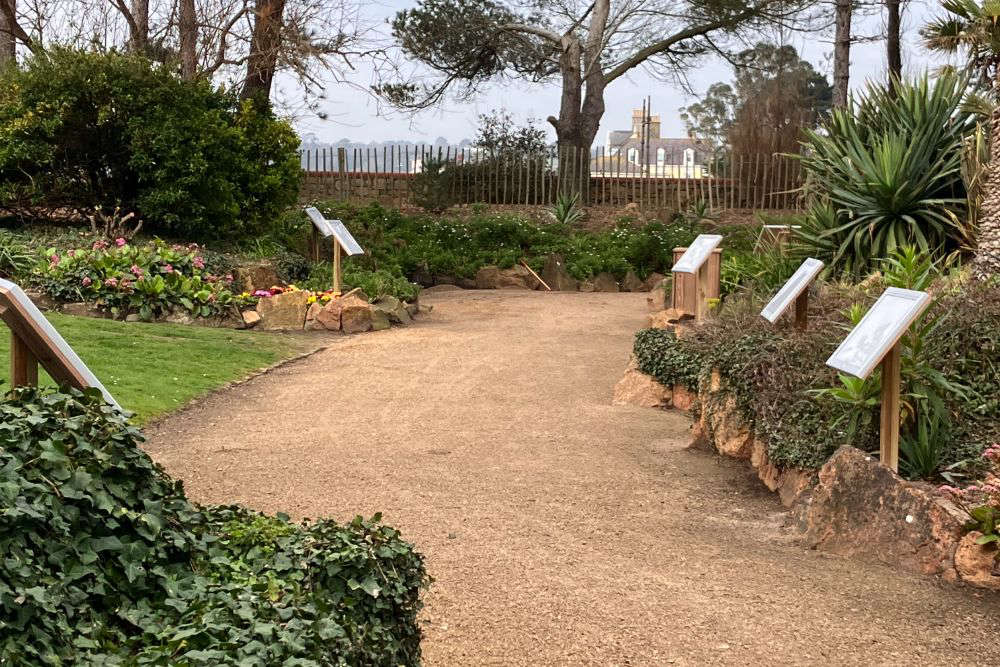 Immersive story trail for young readers to open at Millbrook Park
Immersive story trail for young readers to open at Millbrook Park
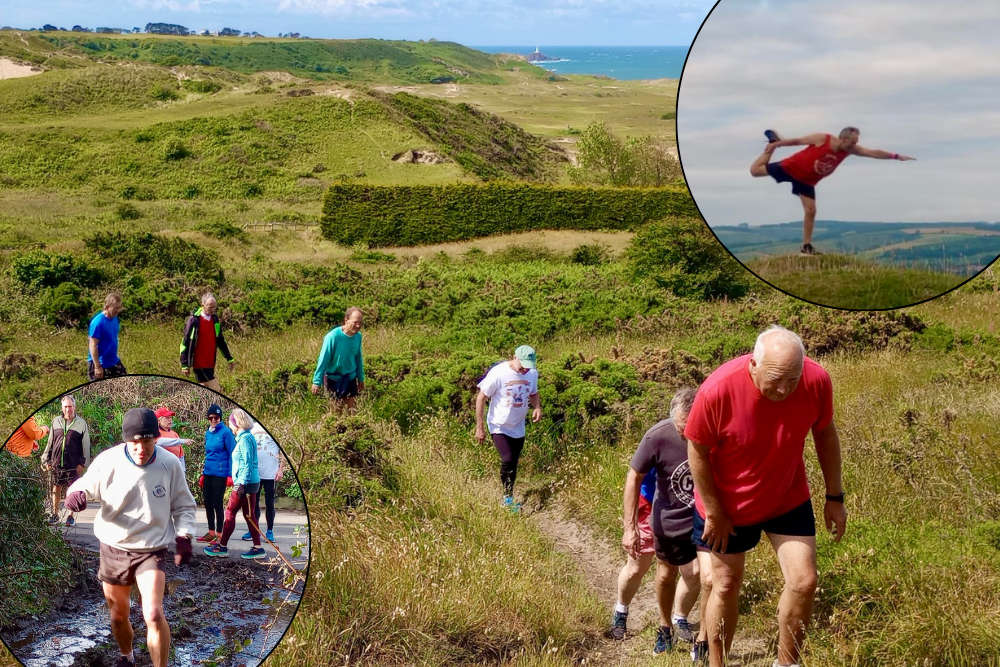 Jersey Hash House Harriers celebrate 2000th run
Jersey Hash House Harriers celebrate 2000th run
 Young girls are most likely to dream about leaving Jersey
Young girls are most likely to dream about leaving Jersey
 DFDS takes over Jersey's ferry services
DFDS takes over Jersey's ferry services
 DFDS cancels first sailing to Jersey
DFDS cancels first sailing to Jersey

